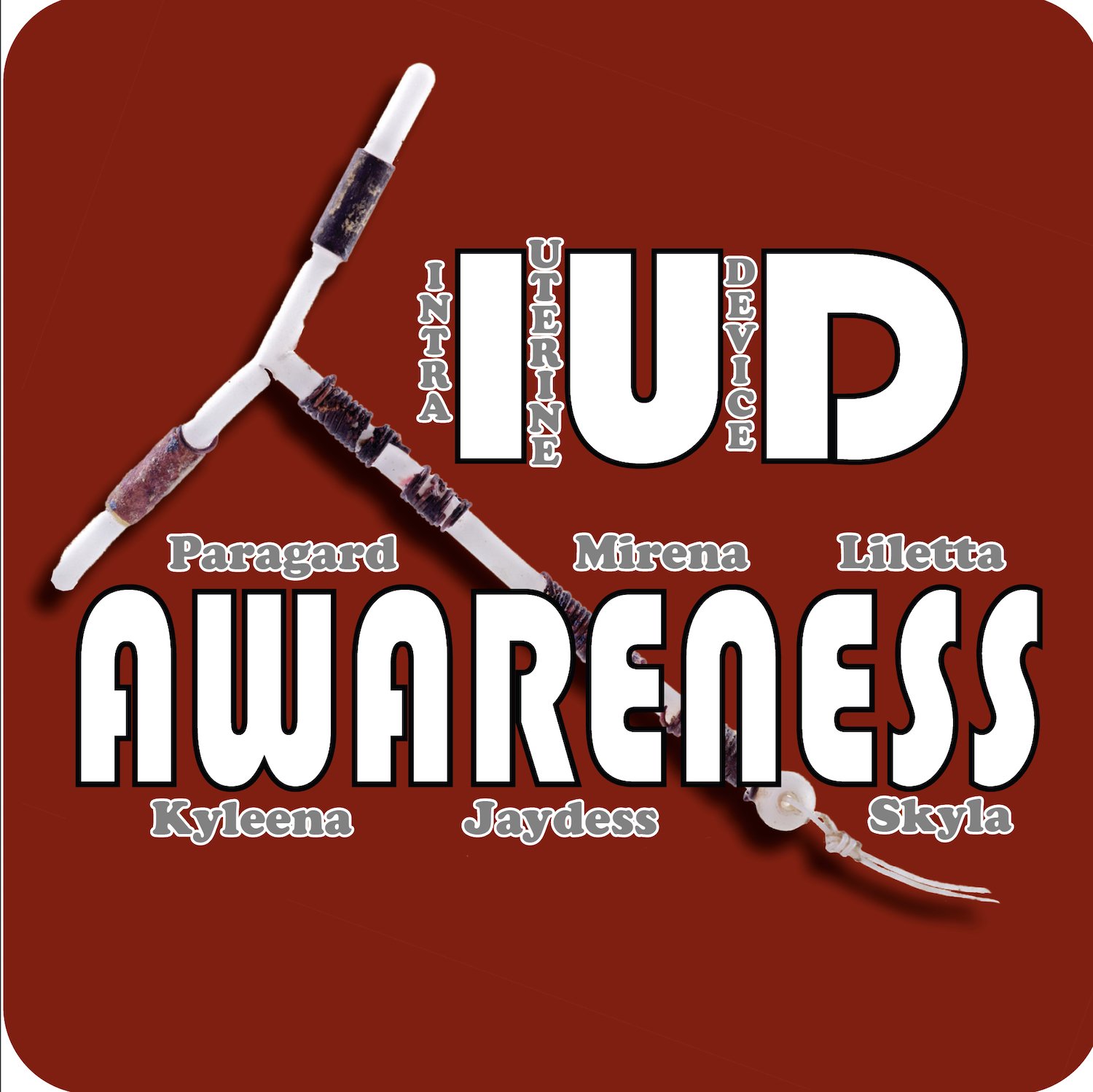Copper Toxicity & Self-Evaluation
/ Internet Link
“Carl Curt Pfeiffer, MD, PhD (1908 – 1988) of the Brain Biocentre in Princeton, New Jersey, conducted extensive research on copper metabolism and human health.1 His findings indicate that a high body copper burden can be responsible for disorders such as;
hypotension,
heart disease,
premenstrual tension,
postpartum depression,
paranoid and hallucinatory schizophrenias,
childhood hyperactivity and autism.
The human body has complex homeostatic mechanisms which attempt to ensure a constant supply of available copper, while eliminating excess copper whenever this occurs. However, like all essential elements and nutrients, too much or too little nutritional ingestion of copper can result in a corresponding condition of copper excess or deficiency in the body, each of which has its own unique set of adverse health effects.
A common source of ingested copper comes from our drinking water supplies which run through copper piping, particularly in areas where the water is soft and acidic, as this corrodes layers of copper from the pipes releasing it into drinking water. This action also occurs when acidic foods are cooked in copper pans. Cigarette smoking is another prominent source of excessive copper accumulation. Additionally, oral contraceptives are notorious in raising the body's copper burden due to estrogen's effects on tissue copper accumulation.”





















































